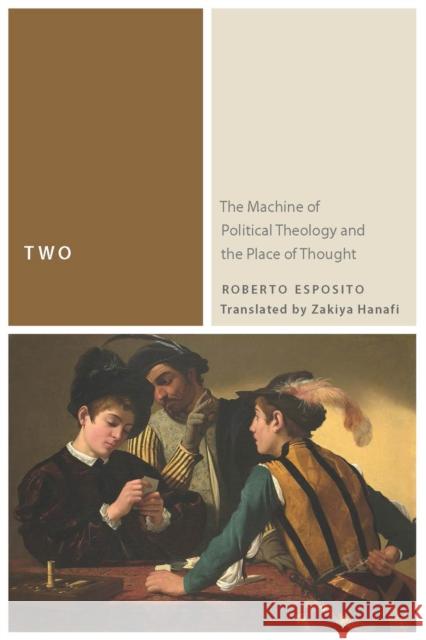Two: The Machine of Political Theology and the Place of Thought » książka
Two: The Machine of Political Theology and the Place of Thought
ISBN-13: 9780823267613 / Angielski / Twarda / 2015 / 248 str.
Two: The Machine of Political Theology and the Place of Thought
ISBN-13: 9780823267613 / Angielski / Twarda / 2015 / 248 str.
(netto: 403,33 VAT: 5%)
Najniższa cena z 30 dni: 420,03
ok. 30 dni roboczych.
Darmowa dostawa!
The debate on "political theology" that ran throughout the twentieth century has reached its end, but the ultimate meaning of the notion continues to evade us. Despite all the attempts to resolve the issue, we still speak its language--we remain in its horizon. The reason for this, says Roberto Esposito, lies in the fact that political theology is neither a concept nor an event; rather, it is the pivot around which the machine of Western civilization has revolved for more than 2,000 years. At its heart stands the juncture between universalism and exclusion, unity and separation: the tendency of the Two to make itself into One by subordinating one part to the domination of the other. All the philosophical and political categories that we use, starting with the Roman and Christian notion of "the person," continue to reproduce this exclusionary dispositif. To take our departure from political theology, then--the task of contemporary philosophy--we must radically revise our conceptual lexicon. Only when thought has been returned to its rightful "place"--connected to the human species as a whole rather than to individuals--will we be able to escape from the machine that has imprisoned our lives for far too long.











